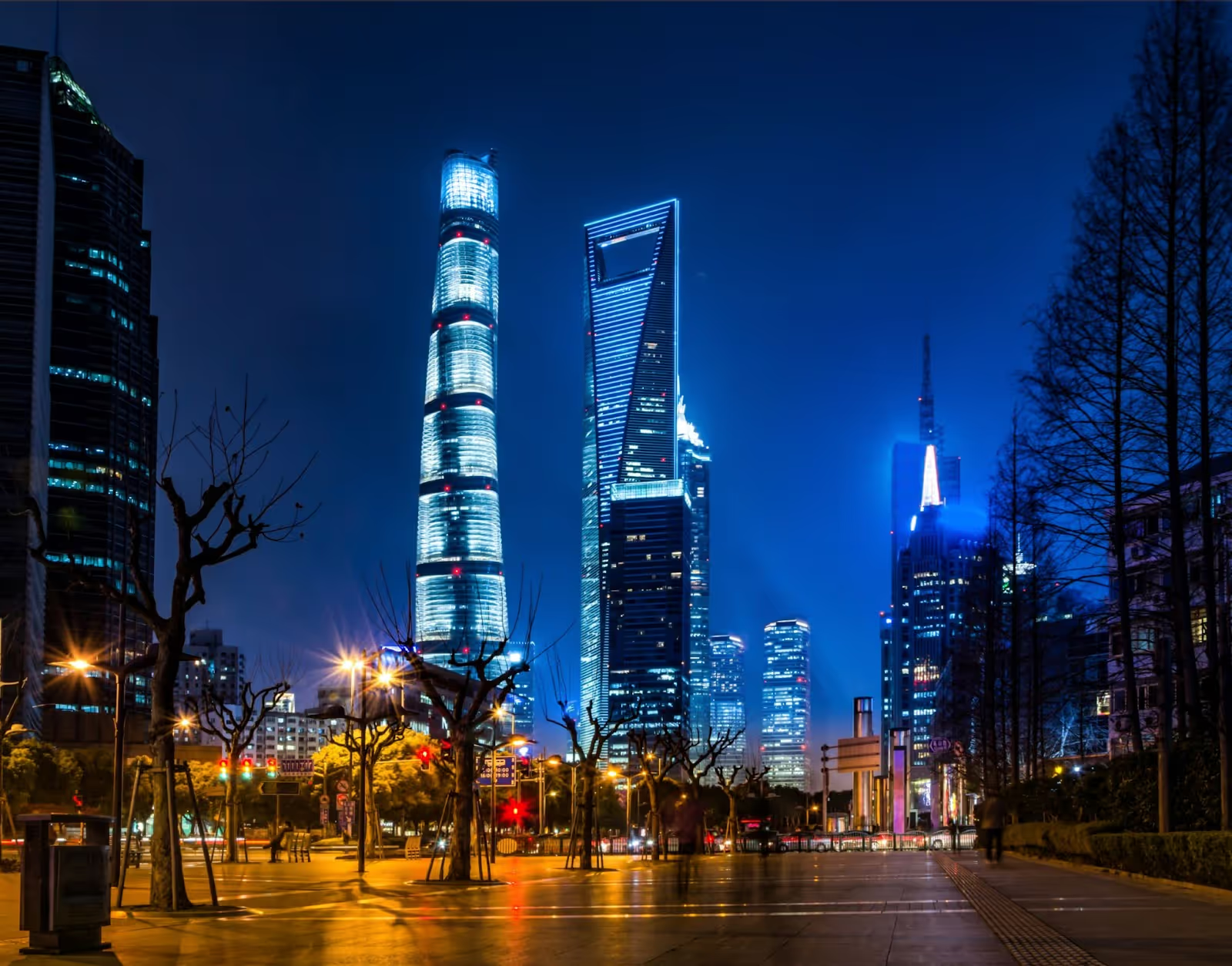Stay informed with our newsletter.
.webp)

.webp)

Saudi Arabia has introduced a five-year rent freeze in Riyadh to tackle rapidly rising housing costs, particularly in affluent districts where rents had surged 30–60%. The policy aims to provide financial stability for residents, ensure housing affordability, and support the city’s urban expansion driven by Vision 2030 economic diversification initiatives. By stabilizing rental prices and enforcing transparency through mandatory contract registration, the government seeks to create a balanced, sustainable real estate market in the capital.

In a decisive move to curb escalating housing costs, Saudi Arabia has implemented a five-year rent freeze in Riyadh, effective from September 25, 2025. This unprecedented policy, announced by Crown Prince Mohammed bin Salman, applies to both residential and commercial properties within the capital's urban boundaries. The initiative aims to stabilize the housing market, ensuring affordability for residents amid the city's rapid urban expansion and economic diversification efforts.
The Catalyst: Soaring Rent Prices in Riyadh
Over recent years, Riyadh has witnessed a significant surge in rental prices. Villa rents have increased by 13.9%, while apartment rents have risen by 6.9% year-over-year in the second quarter of 2025. More alarmingly, property sale prices for apartments and villas have surged by 82% and nearly 50%, respectively, since 2019. These steep increases have been driven by a combination of factors, including a substantial influx of Saudi nationals and expatriates, as well as the government's ambitious Vision 2030 initiatives, which have spurred rapid urban development and infrastructure projects.
Policy Details: Key Measures and Enforcement
The five-year rent freeze encompasses several critical measures:
Strategic Context: Aligning with Vision 2030
This rent freeze is part of Saudi Arabia's broader Vision 2030 initiative, which seeks to diversify the economy away from oil dependency by investing in sectors such as tourism, entertainment, and sports. Riyadh, as the capital, is at the forefront of these developments, with nearly $1 trillion in Public Investment Fund (PIF) projects underway, including major infrastructure and cultural projects. These developments have attracted a significant influx of residents, further driving up housing demand and prices.
Implications for Residents and Investors
For residents, the rent freeze offers much-needed relief from escalating housing costs, providing financial stability and predictability over the next five years. For investors, the policy presents both challenges and opportunities. While the freeze may limit short-term rental income growth, it also underscores the government's commitment to maintaining a stable and attractive real estate market, potentially enhancing long-term investment prospects.
Looking Ahead: Potential Expansion of the Policy
The current rent freeze applies specifically to Riyadh; however, the Real Estate General Authority has the authority to extend similar measures to other cities and regions, subject to approval by the Council of Economic and Development Affairs. This flexibility allows the government to tailor housing policies to the unique dynamics of different urban areas, ensuring that the benefits of the rent freeze can be realized nationwide if deemed necessary.
Conclusion: A Strategic Step Towards Sustainable Urban Development
Saudi Arabia's five-year rent freeze in Riyadh represents a bold and strategic move to address the challenges posed by rapid urbanization and economic diversification. By stabilizing the housing market and ensuring affordability, the government aims to create a more balanced and sustainable urban environment. As the capital continues to evolve, policies like the rent freeze will play a crucial role in shaping Riyadh's future as a thriving, inclusive, and economically diverse metropolis.
For questions or comments write to contactus@bostonbrandmedia.com
